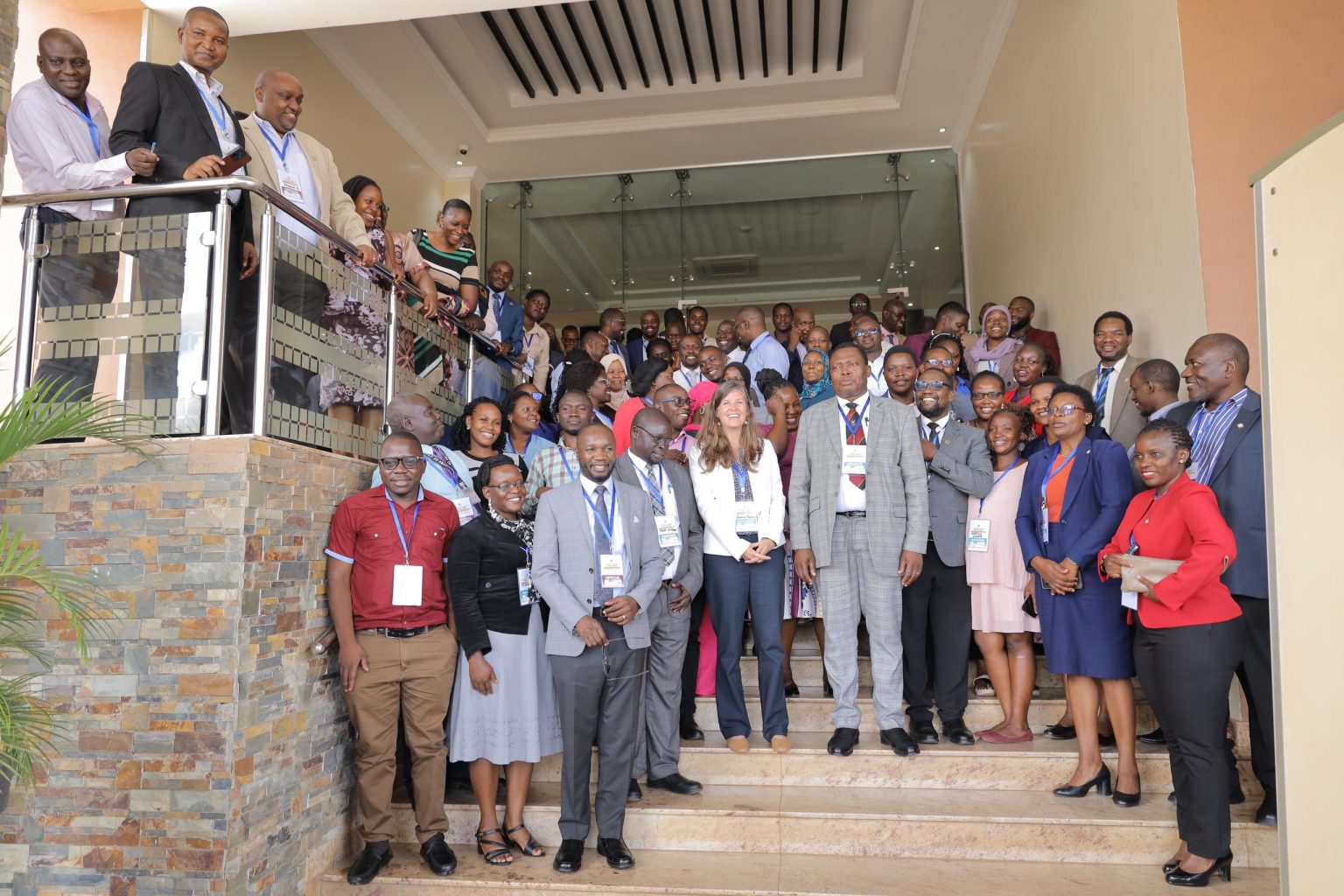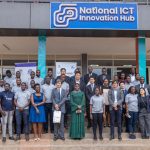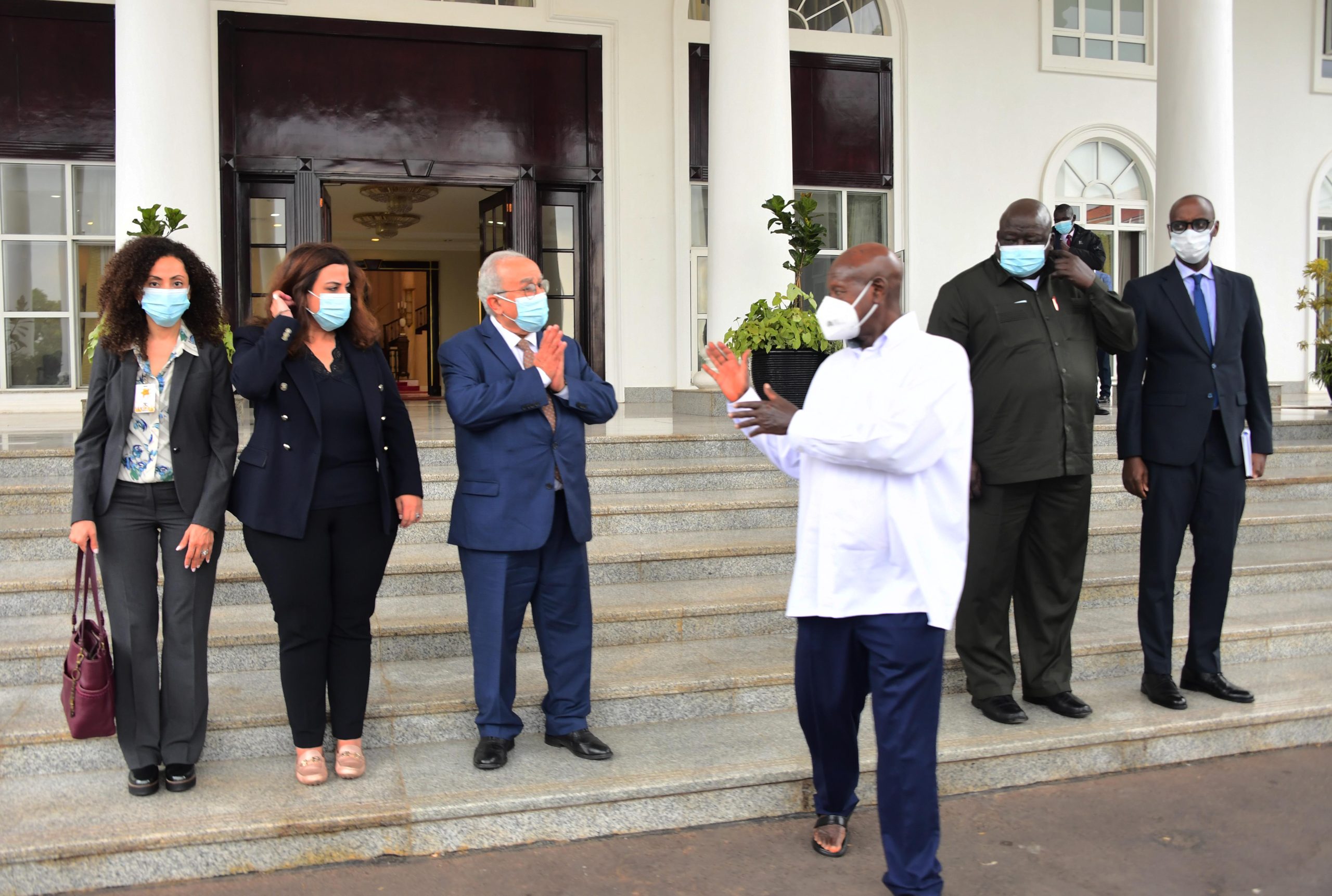The Ministry of Health, in collaboration with global partners including the Global Fund, WHO, PEPFAR, USAID, CDC, Stop TB Partnership, Makerere University, IDI, Walimu, and MLI, recently convened a two-day National TB & Leprosy Science Summit at the Mestil Hotel in Kampala. Themed “Harnessing Local Research and Innovations on TB and Leprosy in Uganda,” the summit aimed to address pressing issues surrounding tuberculosis and leprosy control within the country.
Dr. Olaro Charles, Director Curative Services, representing the Guest of Honor, and Minister for Health Dr. Jane Ruth Aceng Ocero, officially inaugurated the summit. Dr. Aceng emphasized the significance of the National Tuberculosis and Leprosy Science Conference as a platform for discussing critical matters related to TB and leprosy control in Uganda.
Despite ongoing efforts, tuberculosis remains a significant public health challenge in Uganda, with a third of TB cases remaining undetected. Prompted by revelations at the Lung Congress in France, Uganda hosted its inaugural National TB & Leprosy Science Summit to address the alarming prevalence of tuberculosis, which sees 250 new cases reported daily, resulting in 30 fatalities daily. With TB cases surpassing those of malaria, the National TB & Leprosy Program (NTLP) has intensified efforts to confront this pressing issue.
Key discussions at the summit revolved around innovative strategies like the Community Active Search and Treat (CAST) initiative. This initiative involves deploying vans to areas with high TB prevalence, such as parks and informal settlements, to provide healthcare directly to communities in need, thereby enhancing early detection and treatment access.
Uganda has also made significant progress in diagnostic capabilities, with almost 300 facilities equipped with GenXpert technology. This advanced testing expedites diagnosis and enables the identification of drug-resistant strains, crucial for effective management. Multidrug-resistant TB cases receive specialized care at referral hospitals, ensuring comprehensive treatment and containment.
Efforts are underway to simplify treatment regimens, with plans to transition to a more manageable 12-month course from the current 4-6 month duration. Recognizing the importance of treatment adherence, Uganda is intensifying efforts to combat resistance by emphasizing the necessity of completing treatment.
Dr. Olaro highlighted that while significant advancements have been made, leprosy remains a concern in six districts. Nevertheless, Uganda’s commitment to comprehensive healthcare extends to leprosy management, with targeted interventions in affected regions.
Dr. Mbabazi Irene from the Infectious Disease Institute (IDI) presented the evaluation report, noting improvements in cure rates and reduced loss to follow-up, albeit with higher mortality rates attributed to delayed diagnosis.




















